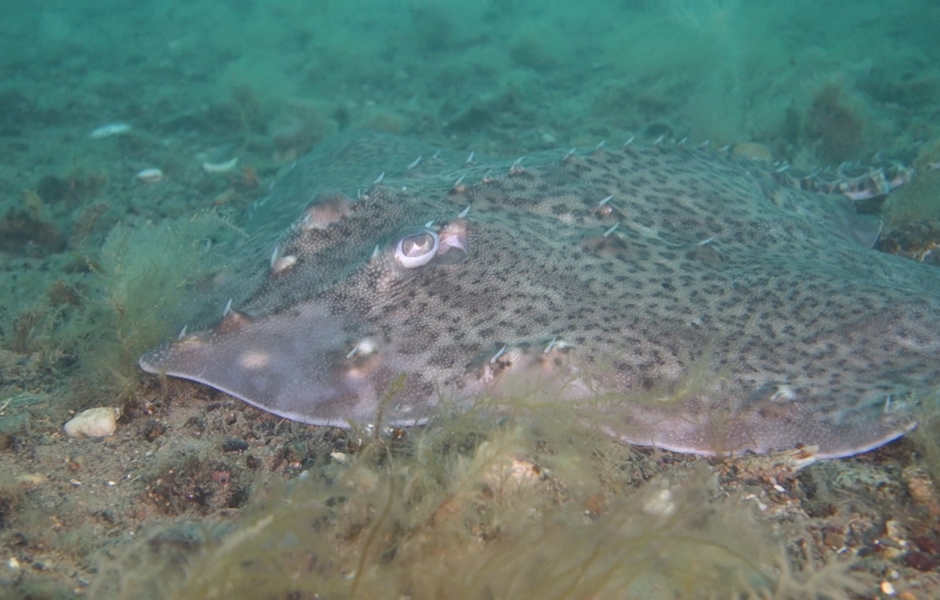
Anglers Against Pollution
Have your say: tell the government to include all storm overflows when it comes to reducing pollution
In August 2022, the government published its Storm Overflow Reduction Plan. At the time, we expressed our concern the plan would take too long to implement and would mean we would continue to see sewage being discharged into our rivers, often illegally, until 2050. And while the government prioritised bathing waters and “high priority” sites (include SSSIs and Chalk Streams) they completely forgot that many of these discharges spill into our estuaries and coastal waters. They missed these out of the plan.
The government is now looking to correct their mistake. They have launched a consultation on whether they should be included. There are only four simple questions to which we say:
- Should there be an ecological standard for our estuaries and coastal waters? Well, yes!
- What areas should that standard include? It should ensure there is no ecological harm to fish species of commercial and/or recreational interests, including migratory fish such as salmonids. This would include species upon which these fish feed, and their habitats, including invertebrates, molluscs, other fish species, etc.
- Should other areas be added to the list of high priority sites? Yes, known and economically important fish spawning and nursery areas, such as known bass nursery areas, and the habitats upon which they depend including sea grass beds not already within protected areas, should be included as high priority sites under the plan.
- Should all overflows, including in estuaries and coastal waters be included in the plan? Yes, many fish species migrate or move between coastal waters, estuaries and freshwater as part of their life cycle and are impacted by poor water quality in salt, brackish and freshwater. It would be a major omission to not include storm overflows into coastal and estuarine waters (those not already covered by the Storm Overflow Reduction Plan) based on the receiving body of water. The issue is the management and legal compliance of the discharge no matter which body of water receives that discharge.
The consultation is open to the 24th July. You can find the consultation here.
We urge all anglers to respond to the four questions set out in the consultation and ensure that all storm overflows are subject to this plan and to actions to stop them polluting our rivers and seas.
You might also like

What to do if fish are gasping or spawning.…

WORLD CHAMPS GOLD FIRMLY IN THE SIGHTS OF ENGLAND…

We Fish as One supports Pride Month 2025

Sunglasses giant backs Angling Trust

Join in with the Check, Clean, Dry campaign this…

From TikTok to the classroom – Orchard School follows…

DRENNAN ENGLAND FEEDER TEAM WIN WORLD CHAMPS!

Family fishing at Aston Park Fisheries where have a…

FOURTEEN SIDES ALREADY THROUGH TO SUPERCUP ROUND 2!

SIXTH FOR ENGLAND AT FLY WORLD CHAMPS

Much needed new European Management Plan for Cormorants moves…

A Turning Tide: Why Ending Bottom Trawling in MPAs…

What to do if fish are gasping or spawning.…

WORLD CHAMPS GOLD FIRMLY IN THE SIGHTS OF ENGLAND…

We Fish as One supports Pride Month 2025

Sunglasses giant backs Angling Trust

Join in with the Check, Clean, Dry campaign this…

From TikTok to the classroom – Orchard School follows…

DRENNAN ENGLAND FEEDER TEAM WIN WORLD CHAMPS!

Family fishing at Aston Park Fisheries where have a…

FOURTEEN SIDES ALREADY THROUGH TO SUPERCUP ROUND 2!

SIXTH FOR ENGLAND AT FLY WORLD CHAMPS

Much needed new European Management Plan for Cormorants moves…

A Turning Tide: Why Ending Bottom Trawling in MPAs…

What to do if fish are gasping or spawning.…

WORLD CHAMPS GOLD FIRMLY IN THE SIGHTS OF ENGLAND…

We Fish as One supports Pride Month 2025

Sunglasses giant backs Angling Trust

Join in with the Check, Clean, Dry campaign this…

From TikTok to the classroom – Orchard School follows…

DRENNAN ENGLAND FEEDER TEAM WIN WORLD CHAMPS!

Family fishing at Aston Park Fisheries where have a…

FOURTEEN SIDES ALREADY THROUGH TO SUPERCUP ROUND 2!

SIXTH FOR ENGLAND AT FLY WORLD CHAMPS

Much needed new European Management Plan for Cormorants moves…









